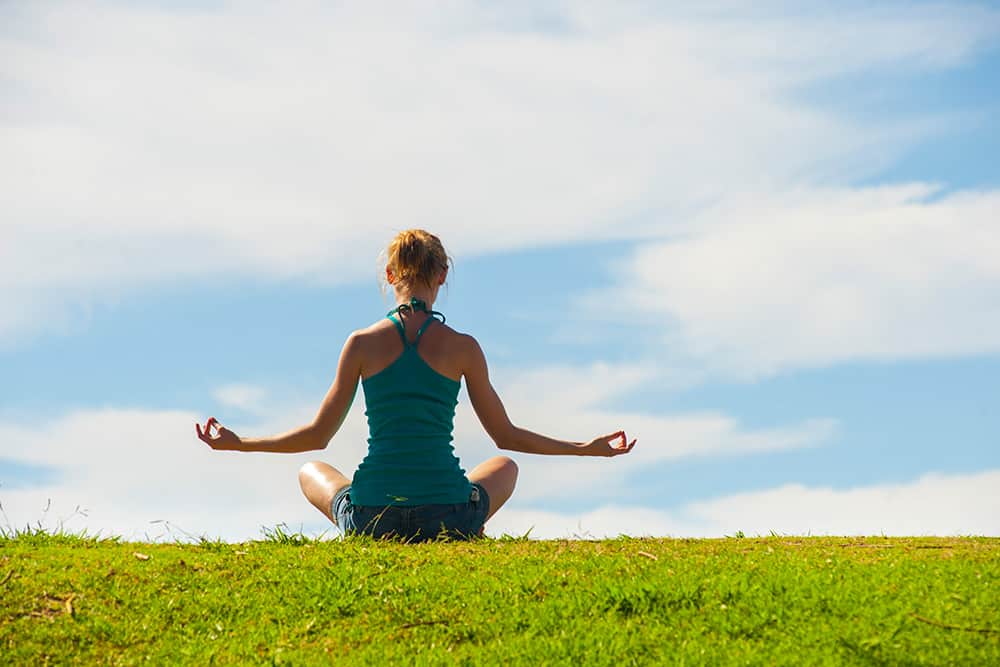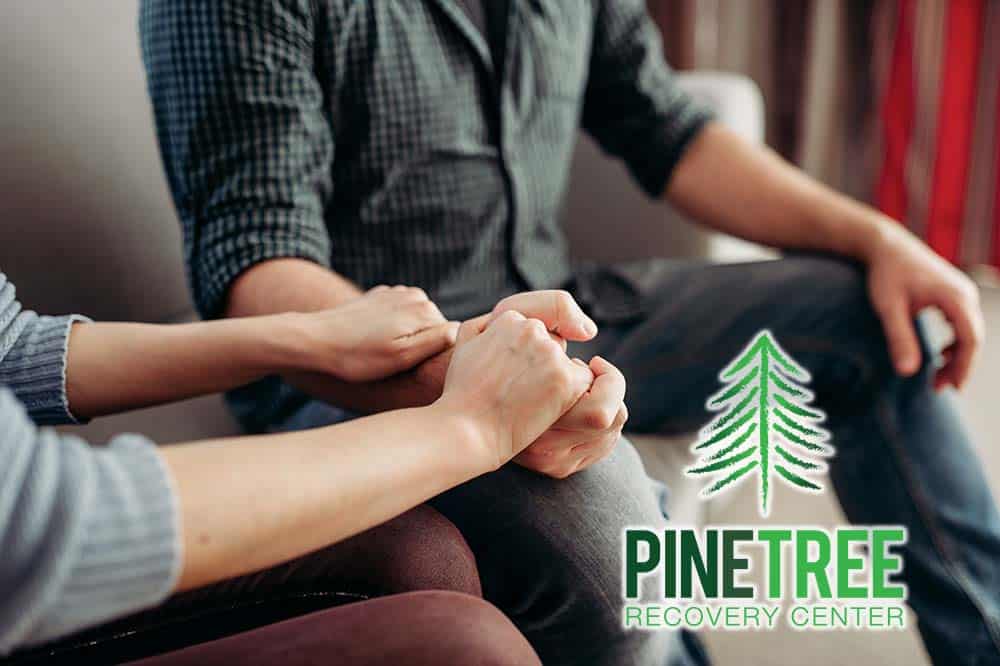Bipolar disorder is a serious mental health condition characterized by significant and inexplicable mood swings as well as erratic behaviors and changes in energy levels. Those who suffer from untreated bipolar disorder will experience a harshly compromised quality of life overall. This specific disorder is extremely disruptive to day to day life, and generally leads to a significant amount of interpersonal consequences. Those suffering from bipolar disorder have significantly higher rates of ongoing financial issues, relationship problems, and work-related instability than members of the general population. Those who are suffering from this disorder and who have not received professional psychiatric treatment are also far more likely to turn to drugs and alcohol as means of self-medication. Not only are the mental symptoms difficult to cope with, but the consequences that result from the disorder can be extremely difficult to cope with as well. It is important to note that while drugs and alcohol might temporarily reduce the severity of symptoms or make them easier to cope with, abusing chemical substances will only exacerbate the symptoms of bipolar disorder in the long run.
The American Journal of Managed Care reported that around 56 percent of American men and women who suffered from bipolar disorder had also struggled with a substance abuse disorder at one point during their lives. 46 percent of the same group had struggled with an alcohol abuse disorder, and 41 percent had either abused drugs in the past or were currently addicted to drugs. It was found that of all chemical substances, alcohol was the most commonly abused amongst those with bipolar disorder. There is a clear relationship between bipolar disorder and addiction. But does bipolar disorder cause addiction? Or does addiction cause bipolar disorder?
Bipolar Disorder and Addiction
The majority of the time, bipolar disorder will lead to substance abuse which will eventually develop into substance dependency. It is rare that drug addiction leads to bipolar disorder though if enough permanent damage is done to the brain this can be the case. Most people experience emotional highs and lows throughout their lifetimes. To some degree, we all experience elation and despair – deep sadness and overwhelming happiness. In most cases these feelings are directly related to an experience we are having. Those who suffer from bipolar disorder, on the other hand, will experience intense shifts in mood that are uncontrollable, all-consuming, and not directly related to external factors.
We Are Here For You
Bipolar Episodes
There are four types of “episode” experienced by those afflicted with this specific disorder. These emotional episodes include mania, hypomania, depression and mixed episodes. Mania is essentially the opposite of depression. Those who are experiencing a manic episode will experience lasting bursts of energy, grandiose feelings, erratic and delusional behavior and even hallucinations in some circumstances. Those in the midst of a hypomanic episode will experience similar symptoms, though they will usually be less intense. They will require less sleep, appear more talkative and outgoing and engage in risk-taking behaviors. However, symptoms of psychosis will not be present. Those experiencing a depressive episode will sleep more, socialize less, and generally feel an extreme lack of motivation coupled by intense fatigue and disinterest. During mixed episodes, individuals will present a combination of manic and depressive symptoms.
These episodes are extremely emotionally and physically draining, and both manic episodes and depressive episodes have been known to spurn substance abuse. Because engaging in risk-taking behaviors is so common during manic episodes, engaging in excessive alcohol consumption and drug use is likely. Similarly, those suffering from overwhelming feelings of depression will abuse substances in attempts to numb out the crushing sadness. Therefore, in the vast majority of cases, untreated bipolar disorder does in fact precede addiction.
Our Drug & Alcohol Detox Services Include
Dual Diagnosis Treatment
Up until recently, mental health conditions and addiction were treated separately. They were considered to be unrelated and treated in different facilities entirely. Those struggling with bipolar disorder were sent to psychiatric hospitals and those struggling with addiction were sent to rehabs. Unfortunately, rates of relapse are extremely high when only one of two existing disorders is properly treated. Research has shown that bipolar disorder and addiction are very connected, and now many treatment facilities are offering dual diagnosis treatment for individuals who are struggling with both conditions simultaneously. This is called integrated treatment, and it includes a variety of proven treatment strategies for both mental health and addiction. Integrated treatment offers comprehensive care in one single facility, and works to treat addiction and all underlying disorders concurrently so that recovery can be maintained and relapse can be avoided. At Pine Tree Recovery Center, we believe that treatment should be integrated and comprehensive, as well as personalized to meet the unique needs of each individual client. Some common features of dual diagnosis treatment programs for those suffering from bipolar disorder and addiction include:
- A diverse treatment team – Dual diagnosis treatment centers will offer a staff of therapists, psychiatrists, addiction counselors, and other professionals that are trained to provide comprehensive treatment for bipolar disorder and addiction.
- Individual therapy and one-on-one psychiatric care – Individual psychotherapy will help clients focus on overcoming personal hurdles and effectively managing moods and emotions, ultimately reducing the risk of relapse. Ongoing psychiatric care will be essential to those with bipolar disorder, and will concern prescribing effective medications and monitoring progress.
- The prescribing of appropriate psychiatric medications by medical professionals – Those who struggle with bipolar disorder will need to be medicated in order for their symptoms to be successfully managed.
- Peer support groups that include others who are undergoing similar experiences – The ability to relate to and speak with like-minded people is crucial to maintaining long-term recovery. Dual diagnosis treatment centers will provide clients with safe and supportive peer support groups in which they can openly discuss hardships and triumphs.
- The teaching of life skills that are specific to those with co-occurring disorders – Those with bipolar disorder will need to learn a unique set of skills when it comes to managing their recovery from addiction and mental health.
Ready To Begin Your Drug & Alcohol Detox?
We Offer A Safe & Effective Program
Don’t let Drug & Alcohol addiction control your life.
Call us today and let’s get you started on the path to a better you.
Our dual diagnosis treatment program is both integrated and run by an integrated team of medical professionals, ranging from licensed therapists and psychologists to case managers and experienced peer support group leaders. No matter what your specific needs, we have got you covered.
Pine Tree Recovery Center and Bipolar Disorder
In many instances, bipolar disorder and addiction are closely related. At Pine Tree Recovery Center, we are dedicated to providing our clients with the highest quality of integrated treatment available. We understand the importance of treating existing mental health conditions and addiction simultaneously, thus our team of experienced and dedicated professionals is equipped to provide psychiatric care to those who need it. We also understand that it can be difficult to determine if an underlying mental health condition exists when substances are being actively abused. For this reason, we offer in-depth assessments to those who believe they may have an undiagnosed mental health condition but are not completely sure one way or the other. If you are struggling with bipolar disorder and addiction and you are looking for integrated care, or if you have any questions regarding our dual diagnosis treatment program, give us a call today. We look forward to speaking with you and answering any questions you may have.

Reviewed for accuracy by:
Randi Bruneau
LCSW, LADC, CCS
Randi is a Licensed Clinical Social Worker and Licensed Alcohol and Drug Counselor and Supervisor who has over 20 years of experience in the field of mental health and addictions. She has worked in both clinical and administrative leadership roles and also has extensive career experience in gender specific trauma treatment, crisis intervention, structural family work and substance use disorder treatment and supervision.
Begin Healing Now!
Have A Call With One Of Our Treatment Advisors
Don’t Suffer Any Longer























